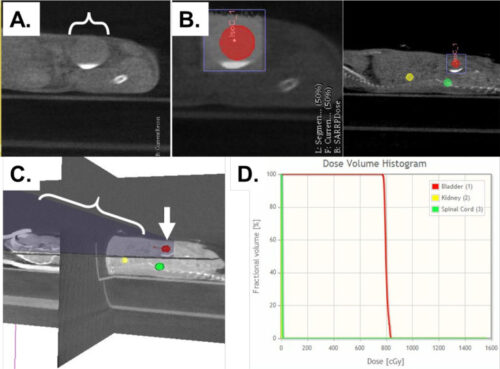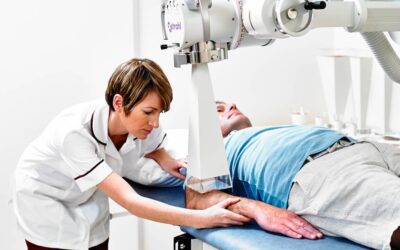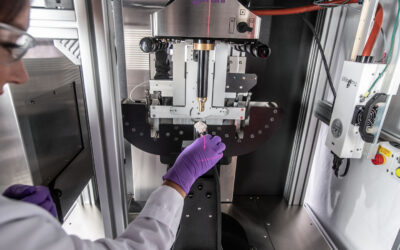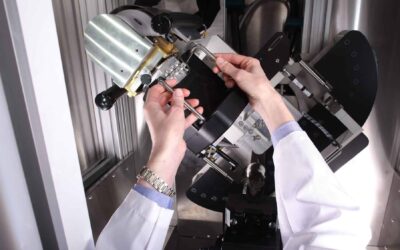Xstrahl in Action
Pelvic radiotherapy (RT) can cause debilitating bladder toxicities. In the recent study, researchers sought methods to protect against and alleviate RT-induced late bladder injury.
Publication
Prevention of radiation-induced bladder injury: A murine study using captopril
Authors
Angela M. Groves, Nicole Paris, Eric Hernady, Carl J. Johnston, et. al.
Key Findings
- Pelvic radiotherapy (RT) can cause debilitating bladder toxicities but few clinical interventions exist to prevent injury or alleviate symptoms.
- From a large GWAS in prostate cancer patients it was previously reported that SNPs tagging AGT, part of the renin-angiotensin system (RAS), correlated with patient-reported late hematuria identifying a potential targetable pathway to prevent RT-induced bladder injury.
- Captopril is a well-tolerated FDA-approved RAS ACEi previously shown to mitigate chronic radiation-induced injury in other normal tissues.

Tumor volume measurements (1, 3) and therapeutic effect assessments (2, 4) on capan-1-tumorbearing mice treated with and without AGuIX® NP and preclinical (220 kV, 1, 2) or clinical (6 MV, 3, 4) radiation (10Gy). The tumor volume is significantly decreased, and the Kaplan-Meier survival curves demonstrate significant survival benefit when AGuIX® NP is included with both preclinical and clinical radiation.
The Value of SARRP
RT was delivered using XStrahl SARRP Muriplan CT-image-guidance with parallel-opposed lateral beams. Researchers demonstrated that systemic modulation of the RAS protected against and alleviated RT-induced late bladder injury.






